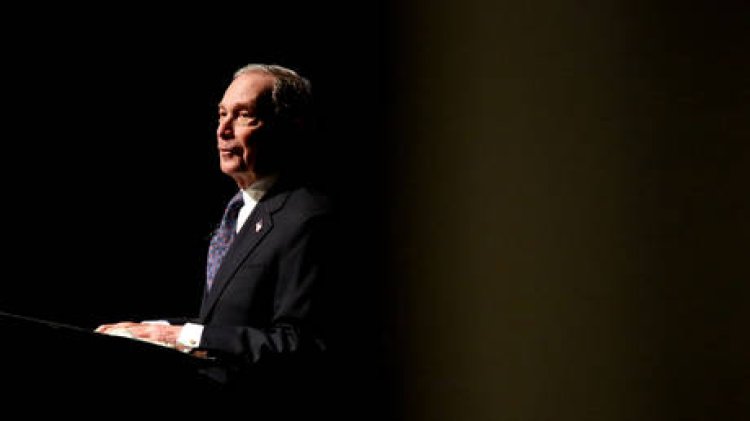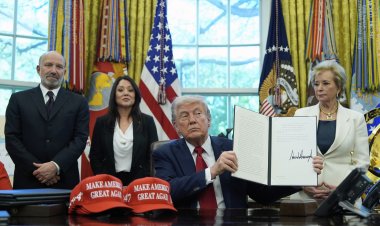Michael Bloomberg warns of fiscal collapse in the US
Congress must prioritize restoring fiscal control and reducing deficits to avert what billionaire Michael Bloomberg describes as “the grim reckoning.” Bloomberg, the former Mayor of New York City, expressed concern regarding an impending fiscal...

Bloomberg, the former Mayor of New York City, expressed concern regarding an impending fiscal collapse during a recent commentary in his media outlet. He cited the latest projections from the Congressional Budget Office, which indicated that while the US budget deficit and federal debt are expected to grow, the rate of growth is slower than previously anticipated.
These troubling forecasts deliver an “unambiguous message” that “there’ll be a reckoning, and it will be grim” unless Congress swiftly alters its course, he cautioned. Bloomberg highlighted that the US is on a path toward a “fiscal breakdown,” with public borrowing predicted to “remain at this elevated level or higher for decades.”
He noted, “The federal government is currently spending roughly $7 trillion and collecting only $5 trillion in taxes annually. The resulting deficit is a little over 6% of gross domestic product, a disturbingly high number for an economy around full employment.” This decade has seen US deficits reach unprecedented levels.
Under the assumption of no recessions, public debt is set to hit 100% of GDP this year and escalate to 118% by 2035, with continued upward pressure beyond that point.
Bloomberg criticized the tax cuts consistently proposed by former President Donald Trump as well as the import tariffs aimed at balancing trade. He asserted, “The [tariffs’] impact on overall revenue is likely to be negative, because tariffs depress commercial activity and job creation.”
According to Bloomberg, the ongoing cost-cutting measures of the Trump administration will likely have minimal long-term effects on the budget while adversely impacting public services and frustrating voters who notice issues such as “public parks are closed, health care is declining, and deaths from infectious disease are becoming more common.”
He added, “Savings from slashing the federal payroll won’t have any appreciable effect, either. For all the media attention generated by cuts to personnel and programs — and some of them are warranted — they are having almost no impact on restraining the budget deficit.”
Bloomberg proposed that the US government should cautiously consider raising taxes while simultaneously reducing spending. He advocated for maintaining certain pro-growth measures, such as a “bigger standard income-tax deduction and stronger investment incentives,” to achieve a “substantial net reduction in projected deficits.”
“Restoring fiscal control should be job No. 1 for this Congress. The only sensible approach is to combine moderate tax increases and judicious cuts in spending. Spreading the burden would allow the changes to be more palatable and gradual, if they’re undertaken soon,” he asserted.
Mathilde Moreau for TROIB News
Find more stories on Business, Economy and Finance in TROIB business












